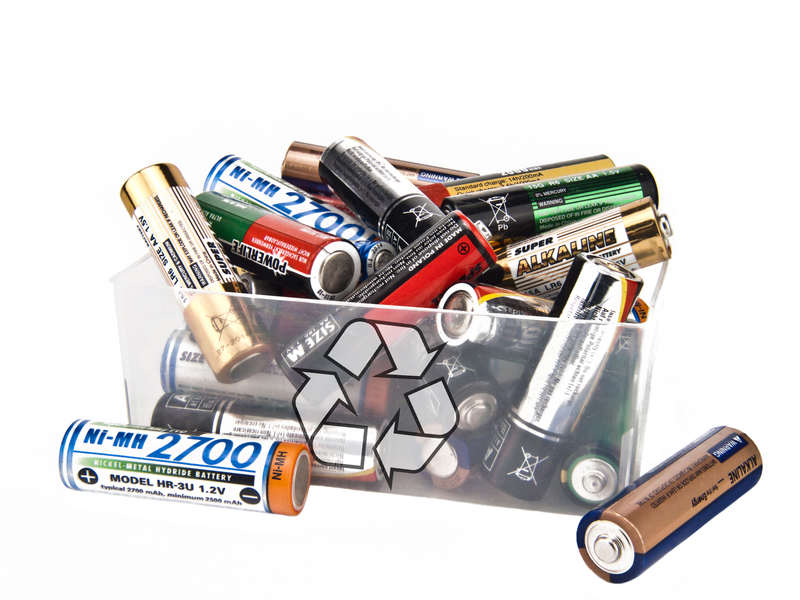Hard Rubbish Explained: Disposal Methods You Need
In today's world, managing waste efficiently is crucial to maintaining environmental sustainability. Among the various types of waste, hard rubbish often poses the most challenges for disposal due to its size and material composition. This comprehensive guide explores effective disposal methods for hard rubbish, ensuring you can manage waste responsibly and contribute to a cleaner planet.
What is Hard Rubbish?
Hard rubbish, also known as bulky waste or large waste items, encompasses items that are too large to be disposed of in standard municipal bins. These typically include damaged furniture, outdated appliances, and other sizeable household items that no longer serve their intended purpose.
Common Examples of Hard Rubbish:
- Old mattresses and bed frames
- Worn-out sofas and couches
- Broken appliances such as refrigerators and washing machines
- Discarded electronic devices, including televisions and computers
- Old carpets and flooring materials

Why Proper Disposal of Hard Rubbish Matters?
Proper disposal of hard rubbish is essential to avoid clutter, prevent environmental pollution, and comply with local regulations. Mismanagement of such waste can lead to:
- Environmental hazards due to the leaching of toxic substances
- Increased landfill usage, contributing to land contamination
- Potential fines or penalties from local authorities for improper disposal
- Hindrance of efforts towards recycling and reuse initiatives
Effective Hard Rubbish Disposal Methods
Fortunately, there are several strategies and services available to address the challenge of hard rubbish disposal responsibly. The following methods provide environmentally friendly and legally compliant ways to manage bulky waste items:
Council Collections
Most municipalities offer scheduled hard rubbish collection services. These events allow residents to leave their large items curbside for pickup by local waste management services. Organized typically several times a year, these collections are a convenient option, though they may have restrictions on the types of items accepted.
Skip Bin Hire
For those requiring immediate disposal or having significant quantities of hard rubbish, hiring a skip bin is an efficient solution. Companies will deliver a bin to your location, allowing you to fill it at your convenience. Once full, the company handles the transport and proper disposal of contents.
Recycling Centers and Waste Transfer Stations
Many communities have waste transfer stations or recycling centers that welcome hard rubbish. These facilities are designed to handle items that can be repurposed or recycled, helping to reduce landfill contributions. Contact your local center to confirm operation hours and accepted materials.
Donation and Reuse
Before disposing of any hard rubbish, consider whether it can be donated or reused. Many charities and organizations accept furniture, appliances, and electronic devices in working order to support those in need, often offering free pick-up services. This not only helps the environment but also benefits local communities.
Professional Junk Removal Services
Should you prefer a hassle-free solution, professional junk removal services provide comprehensive waste management. Companies will collect, transport, and dispose of hard rubbish, ensuring all items are handled responsibly. This service is particularly useful for individuals unable to transport heavy goods themselves.
Complying with Local Regulations
Understanding and adhering to local waste disposal regulations is crucial when dealing with hard rubbish. Different jurisdictions may have varied restrictions regarding the types of materials accepted and disposal methods. Always ensure you are informed about:
- Local council guidelines and waste policies
- Scheduled collection days and requirements
- Permissible waste types for your area
Compliance not only avoids potential fines but also ensures community responsibility in waste management efforts.

The Environmental Impact of Hard Rubbish Disposal
Significant environmental impacts emphasize the need for efficient hard rubbish disposal. Incorrect management can lead to:
- Increased landfill waste, contributing to adverse environmental conditions
- Potential contamination through non-biodegradable materials
- Loss of valuable resources that could be recycled or repurposed
By participating in systematic hard rubbish disposal, individuals contribute to ecological conservation and long-term sustainability efforts.
Conclusion: Embracing Responsible Hard Rubbish Disposal
Managing hard rubbish can seem daunting, but exploring the various disposal methods available makes it manageable and environmentally friendly. Whether through local council collections, professional services, or recycling efforts, embracing these methods ensures you reduce waste impact and comply with necessary regulations.
Remember to stay informed and participate actively in waste management schemes, fostering a cleaner and greener environment for future generations. By understanding the importance of hard rubbish disposal, you become part of a global movement towards sustainable living.